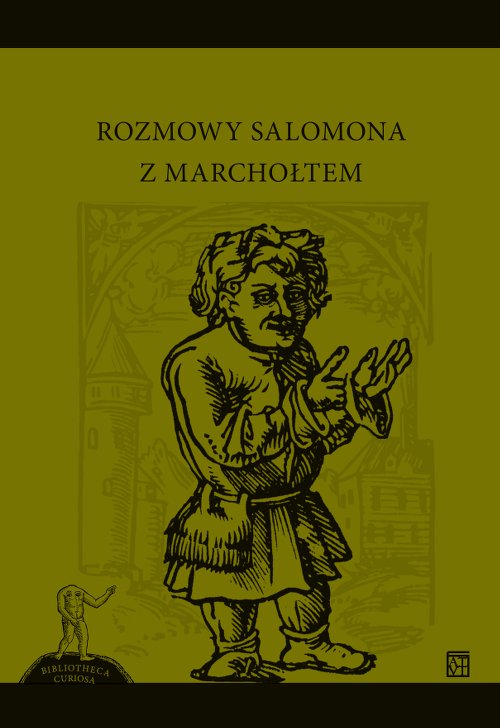Solomon and Marcolf
A translation of the Latin text Dialogus Salomonis cum Marcolfo, followed by a critical edition of extant fragments of the earliest rendition into Polish entitled Rozmowy, które miał król Salomon mądry z Marchołtem grubym a sprosnym.

The Dialogue of Solomon and Marcolf (Dialogus Salomonis cum Marcolfo), an anonymous work written maybe as early as at the end of the 12th century, and undoubtedly before the 15th century, is a compilation/adaptation of earlier sources, in which the Biblical king Solomon runs into a clash with an ugly and vulgar peasant named Marcolf. What makes this text special – almost blasphemous – is the way in which the divine matters are contrasted against mundane contents. Namely, whenever Solomon quotes the Bible to justify his claims, Marcolf refutes them using either vulgar (scatological) vocabulary or obscene (sexual) allusions. One could say metaphorically: the Bible ended up next to a dirty privy here. Another characteristic feature of this text is its clear-cut division into two parts: the verbal duel between the two protagonists is followed by a narrative part, in which the fool (i.e. Marcolf) manages to humiliate the wise Biblical patriarch (i.e. Solomon) over and over again.
The Dialogue of Solomon and Marcolf was quite popular in medieval Europe. In addition to several extant Latin manuscripts and printed editions, it was soon translated into High-German, Low-German, Dutch, English, Welsh, Swedish, Italian, Czech, and Polish. The Polish translation, by Jan of Koszyczki, was published in 1521 and followed by at least a few other editions: the exact number of the prints is difficult to estimate, since all we know is 7 fragments from 6 different editions.
This book presents two texts: my own translation of the complete Latin version, as well as a critical edition of all the extant fragments of the 16th-century rendition by Jan of Koszyczki.
Rozmowy Salomona z Marchołtem. Przeł. i oprac. M. Eder. Wrocław 2014: Atut.